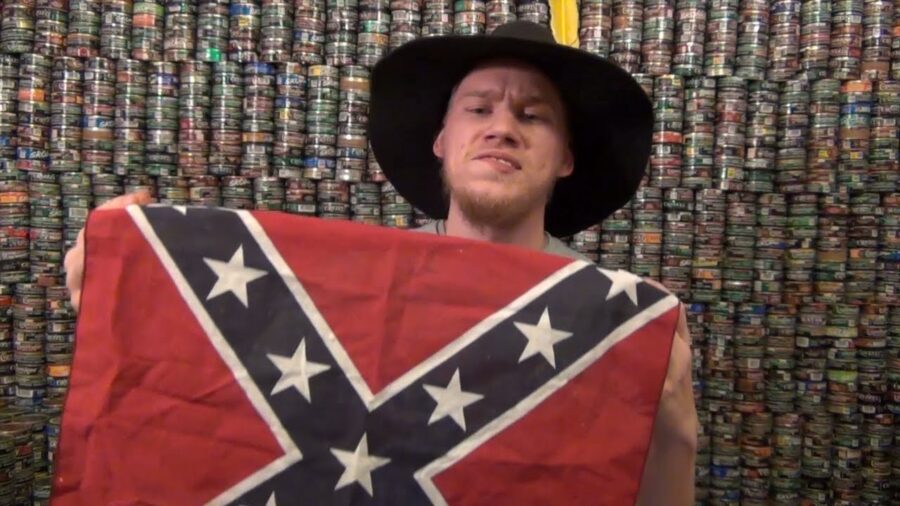So Your Uncle is a Racist…On Facebook
Unlimited access to peoples’ opinions is making us hate each other.
We’ve all had them: family members and long time friends that we’ve recently stopped speaking to thanks to their political, social, and religious opinions that run rampant all over their social media.
Throughout history, people have shared core difference of opinions on important matters, but only now, in the information age are these opinions constantly in our faces. Sure, you can remove or block family and friends in order to avoid seeing them, but you know it’s there. We can’t hide from it.
The lingering thought of their offensive posting now perpetuates every interaction you have with that person. In our attempts to avoid the family and friends who we can no longer tolerate, we have created isolated bubbles of like-minded individuals and eliminated lifelong bonds. The now readily apparent knowledge of each and every belief system of everyone we ever knew, or at least their social media persona, has caused many of us to drift away from our normal social groups.
Past generations had the pleasantness of ignorance. Topical and polite dinner conversations were maintained with a simple rule of conduct: “Don’t talk about religion, money, or politics!” This naivete gave our casual interactions an easy and innocent friendliness.
It‘s easy to talk about vacations, what shows you’re binge-watching, and even the weather with everyone from your family to the random girl at the laundromat. How though, can we avoid the objectionable opinions of our “friends” if we see them every time we go online?
This is much more a problem with Facebook than any other social network. Twitter, for example, seems to naturally group people by topical interests, thus avoiding the awkwardness of opposing opinions. Facebook, on the other hand, tends to cultivate relationships based on proximity — school, work, family, social activities, etc. — therefore making it the perfect breeding ground for clashing political and religious ideologies. So, is it a good thing that we are all suddenly more aware of what the other is thinking?
Do you want to forge a close relationship with your homophobic grandma? Are you glad you know your cousin wears a confederate hat in every selfie?
We now have such an intimate and instant knowledge of everyone’s life inside the Internet. Even if that view is often skewed or manicured, it still shows much more of these people than we ever cared to know.
Imagine if people dressed themselves like NASCAR drivers design their vehicles; with each of us wearing shirts that displayed our support and affiliations out in the open for the public to see. If we were forced to show our every thought and opinion in public, as we do on our social media feeds, we’d soon garner both immediate support and intense hatred from perfect strangers. Our social circle would be divided between those that are for our affiliations and those against it. There would be no middle ground. This is what is happening on the Internet.
This intimate knowledge of each others’ opinions also contributes to the current divide between conservatives and liberals in our country. With 24 hour news cycles and endless other ways to get a constant stream of information, it has become increasingly impossible to avoid everyone’s feelings and opinions. The more passionate a person is about a subject, the more their social media depicts it.
If your aunt is afraid of Muslims or your uncle *hearts* the NRA, you’re going to see it, and see it, and see it again.
Passion is usually something that bonds individuals in a deep and vital way. Shared interests and common goals have always brought people together, but what makes this social change different from any other is that the people who are being brought together may not be family or friends, but rather like-minded strangers.
Is it better to have a fractured family or remain in the blissful ignorance of the pre-information age? The red pill or the blue pill?
If there is truly no turning back, then it must be time to focus on the quality of relationships that have been strengthened through our shared beliefs on social media. We can’t change or influence the beliefs of those who don’t share our beliefs, so rather than dwell on that misunderstanding or hatred, we should just move on and block with abandon. Create your own personal world without the hate and negativity of clashing beliefs. Create long lasting new friendships with wonderful people.
Unless of course you’re a conservative asshole who doesn’t believe in equal rights, global warming, and vaccinations, in which case you’re unfriended.







